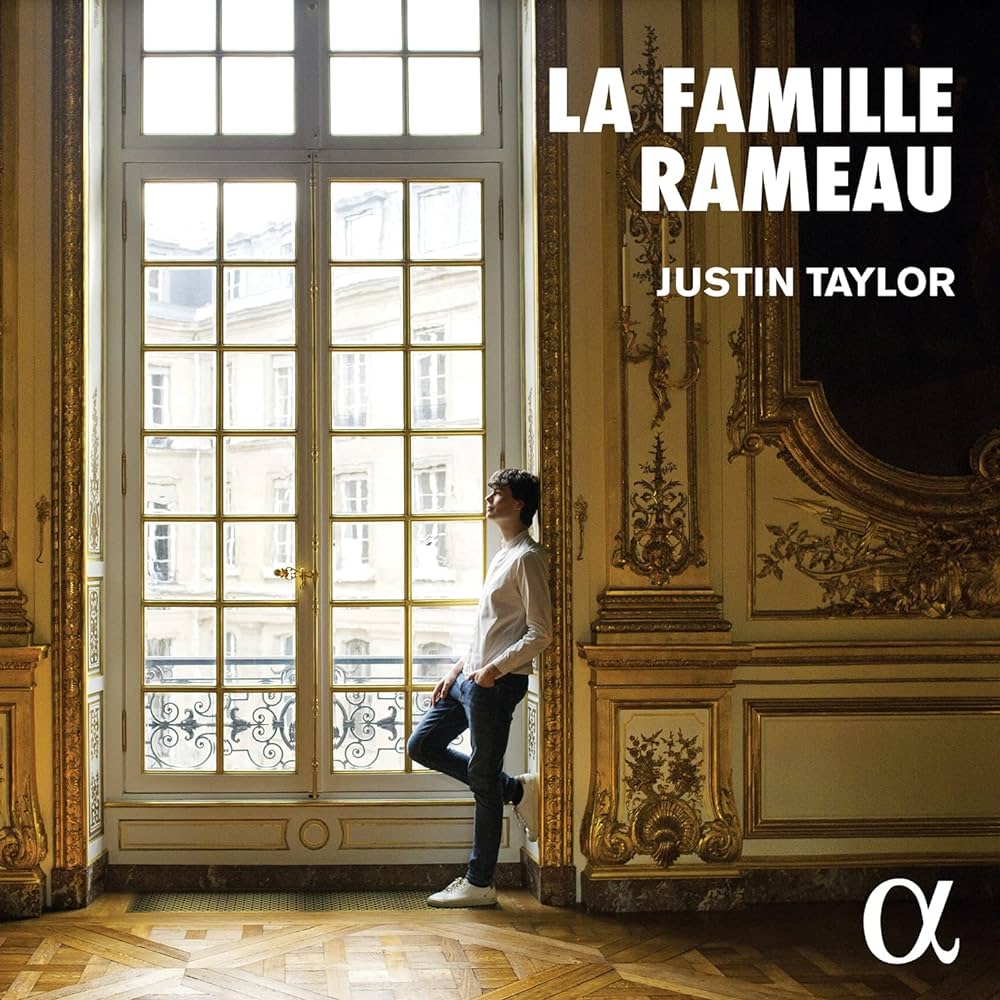Diderot’s “Rameau’s Nephew”
“It is my custom to go for a walk in the park of the Palais-Royal around five o’clock in the evening, whether the sky is clear or not. If there is a man who is always alone, sitting on the d’Arjançon bench, pondering, it is I.” Denis Diderot’s “Rameau’s Nephew” begins with this phrase. “I” says, “when the weather is too cold or the rain is too heavy, I run to the Café de la Régence.” And “I enjoy watching other people playing chess.”
One afternoon, “I” am approached by a man. This eccentric man is like “a compound of high-mindedness and low-mindedness, decency and absurdity”. He is Jean-François Rameau, the nephew of the great composer Jean-Philippe Rameau.
He is a musician with no talent and no aspirations. When Diderot meets him, he has just been thrown out of house to the city penniless because his patron, a tax collector named Bertin, has taken a dislike to him. This was because he was unable to fulfill his only required role as a clown, and inadvertently used a little common sense for once in his life.
His “works” include (apparently) a “collection of six clavecin pieces”. The contents of those pieces, unfortunately lost, are said to include, for example, a piece entitled “Encyclopédie”. It was probably a kind of “sensational piece” in the style of Jean-Féry Rebel’s “The Four Elements” or Claude-Bénigne Barbatre’s “La Marseillaise”. Diderot, along with Jean-Jacques Rousseau, argued on the side of Italian music (Pergolesi) in the “Querelle des Bouffons (Bouffon’s Quarrel)”. Needless to say, he was critical of Rameau’s music. The satirical spirit is evident in the title of the book, “Rameau’s Nephew”.
“He” is not blessed with talent, but he does have an “aesthetic sense”. He is jealous of his uncle Rameau’s operas, but he understands their value better than anyone else. Yes, just like Salieri against Mozart. He mimes in front of “I”, Diderot, imitating playing Locatelli’s violin sonatas, and imitating playing Galuppi or Alberti’s clavecin pieces. Not only about music, “he” and “I” dialogue about many things (from gossip to chess, literature, art, theater, philosophy, morality, etc.). The character of “Rameau’s nephew” is used to criticize and satirize all kinds of events in the world.
As already mentioned, there are no works by Jean-François Rameau left. Instead, there is a CD titled “La Famille Rameau” (Music of the Rameau Family), which I would like to introduce to you at the end of this article. The performer is Justin Taylor, a young French clavier player. The music is by Claude-François Rameau, son of Jean-Philippe Rameau, and Lazare Rameau, another nephew of Jean-Philippe Rameau, among others. #baroque #rameau #片山俊幸


